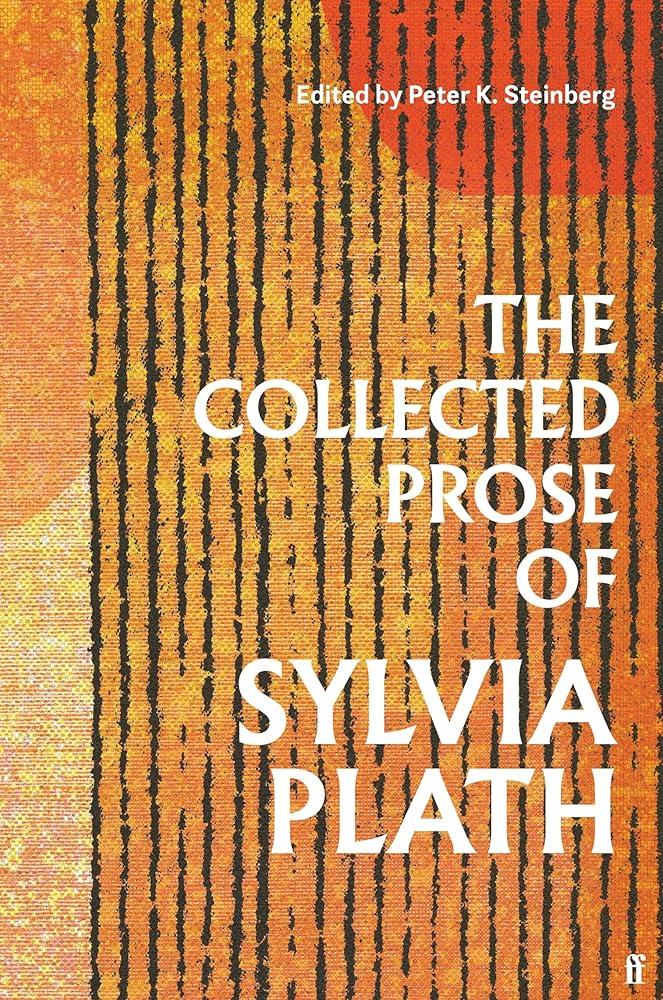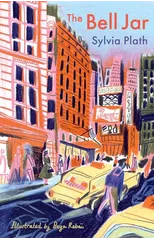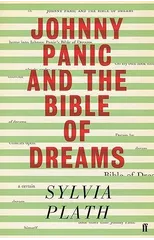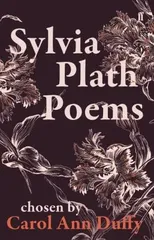Pulitzer Prize winner Sylvia Plath's complete poetic works, edited and introduced by Ted Hughes. By the time of her death on 11, February 1963, Sylvia Plath had written a large bulk of poetry. To my knowledge, she never scrapped any of her poetic efforts. With one or two exceptions, she brought every piece she worked on to some final form acceptable to her, rejecting at most the odd verse, or a false head or a false tail. Her attitude to her verse was artisan-like: if she couldn't get a table out of the material, she was quite happy to get a chair, or even a toy. The end product for her was not so much a successful poem, as something that had temporarily exhausted her ingenuity. So this book contains not merely what verse she saved, but--after 1956--all she wrote.--Ted Hughes, from the Introduction
Sylvia Plath
Sylvia Plath was an American poet, novelist, and short story writer known for her confessional style and exploration of themes such as mental illness, gender roles, and the complexities of human relationships. Her most notable works include the semi-autobiographical novel "The Bell Jar" and the poetry collection "Ariel," which was published posthumously.
Plath's writing is characterized by its raw emotion, vivid imagery, and unflinching honesty. She is credited with helping to redefine the genre of confessional poetry and has had a lasting impact on subsequent generations of writers.
Plath's most famous work is arguably her poem "Daddy," which delves into her complex relationship with her father and themes of power, control, and liberation. Despite her tragic death by suicide at the age of 30, Sylvia Plath's literary legacy continues to inspire and resonate with readers around the world.






